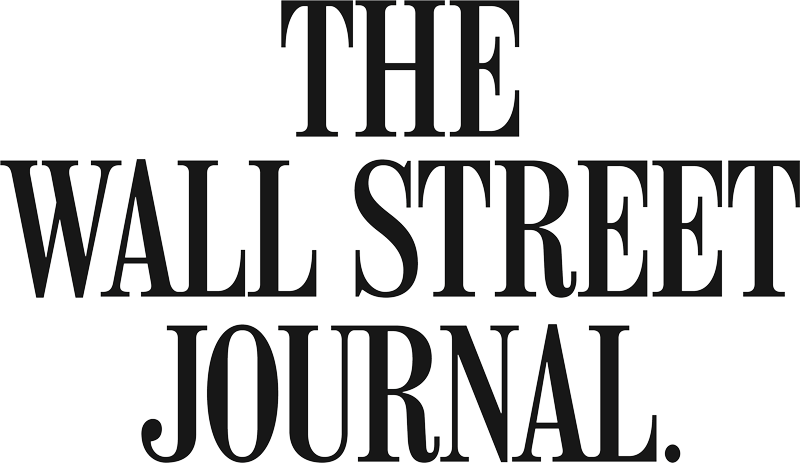“Sens. Dick Durbin and J.D. Vance seek to fix a market that isn’t broken.”

WASHINGTON, DC—Today, the Wall Street Journal published an op-ed written by Todd Zywicki, Professor of Law at Antonin Scalia Law School and Research Fellow of the Law and Economics Center.
Zywicki’s op-ed argues against proposed credit card routing mandates (S. 1838/H.R. 3881) that would burden small businesses and consumers with higher costs, hinder economic growth, and ultimately benefit big retailers at the expense of everyday Americans. The full op-ed can be found HERE and copied below:
The Plan to Make Credit Cards More Expensive
By Todd Zywicki
The Wall Street Journal
July 7, 2023
Democratic lawmakers like Illinois Sen. Dick Durbin and the Justice Department’s Antitrust Division want to impose new rules for credit-card transactions that would reduce competition, harm consumers and crush small banks.
Unsurprisingly, the bill isn’t marketed that way. Mr. Durbin says his legislation—the Credit Card Competition Act of 2023—would be a boon for the free market.
It wouldn’t, and one tell is that the proposal has gained unlikely support from Republicans animated by the antibank populist sentiment behind the scheme. Among them is Ohio Sen. J.D. Vance, who claims that “excessive” credit-card processing fees push up the cost of groceries, gasoline and other goods.
The proposal addresses the technical question of how credit-card transactions are “routed” electronically through payment card networks at the point of sale. Today, every card is issued in connection with one network, typically Visa or MasterCard. Durbin-Vance would require every card to have at least two networks enabled to route transactions, of which only one can be Visa or MasterCard. The second could be Amex or Discover, but also might be one of the myriad little-known debit-card networks itching to enter the credit-card market.
Durbin-Vance stems from Mr. Durbin’s eponymous amendment to the 2010 Dodd-Frank Act, which imposed price controls and similar routing requirements on debit cards. The aim was to reduce interchange fees, which are paid to the card-issuing bank to cover the costs of authorizing and processing customers’ accounts and transactions. The intervention succeeded, slashing the cost per transaction from 51 cents to 24 cents and costing banks an estimated $15 billion a year in lost revenue. In return, retailers promised to pass on the savings to customers through lower prices.
Yet research from the Federal Reserve, the Richmond Federal Reserve Bank, the University of Pennsylvania and elsewhere found otherwise: Retailers pocketed the savings. Banks recovered lost income by increasing fees and slashing access to free checking. Retailers cut back rewards for using debit cards. Although a disaster for consumers, the Durbin amendment was a windfall for mega-retailers like Walmart, Amazon and Target.
Using 2016 data, economists Vladimir Mukharlyamov and Natasha Sarin estimated the effects of the original Durbin amendment. They found that the legislation reduced customer access to free checking from 61% of bank accounts to 28%, and almost doubled banks’ average fees to account holders from $3.07 a month to $5.92. The minimum balance needed for free checking increased to $1,400 a month—a threshold 95% of high-income households could meet, but only 30% of low-income households could.
Now retailers are anticipating another bonanza from big government. The sponsors of the Durbin-Vance legislation claim it is needed to promote competition in the credit-card market—a message designed to seduce Republicans wary of price controls. But shoppers already have many payment options: cash, checks, credit and debit cards, or peer-to-peer platforms.
The credit-card market already has at least four major processing networks, store-branded cards and thousands of card-issuing banks. According to Experian, the average American holds four credit cards. Even the Supreme Court, in Ohio v. American Express (2018), rejected the notion that the credit-card market is anticompetitive. The Durbin-Vance plan is unnecessary to accomplish its purported aims.
But it would reduce competition in adjacent markets. By artificially pushing down interchange fees on credit cards, the bill would curb an important revenue stream for banks. Larger banks, which have gotten even bigger since Dodd-Frank was enacted, could offset such losses by selling investment advice, mortgages and other products—or by imposing new fees as they did in response to the original Durbin amendment. Small banks lack these lucrative revenue streams and would have to raise fees, curtail services or merge, fueling industry consolidation. No wonder community banks and credit unions are vocal critics of the proposal.
Consumers, who already face rising bank fees and reduced rewards from the first Durbin amendment, could see the return of more fees and higher interest rates. And just as the first Durbin amendment killed rewards on debit cards, experts such as Gary Leff of the View from the Wing blog warn that Durbin-Vance would put an end to popular frequent-flier and other card reward programs. Pushing the use of lesser-known card networks also might compromise consumer data security.
Sen. Durbin’s antibank and pro-competition rhetoric might have swayed Sen. Vance and other Republicans. But when shoppers choose certain market alternatives over others, that isn’t a failure of competition. The Durbin-Vance bill would end up giving big banks and big retailers an advantage at the expense of small banks and customers—and that is anything but pro-competition.
Mr. Zywicki is a professor at George Mason University’s Antonin Scalia Law School and a research fellow at the Law and Economics Center.